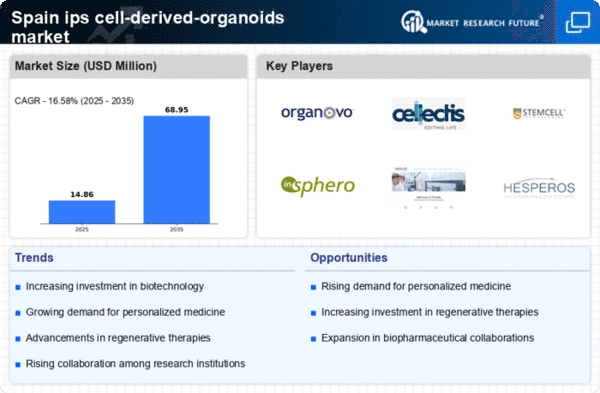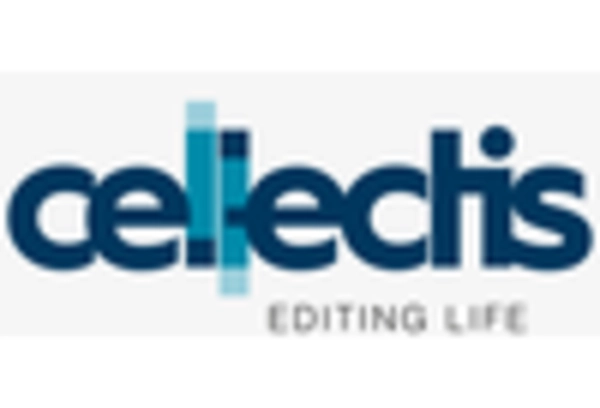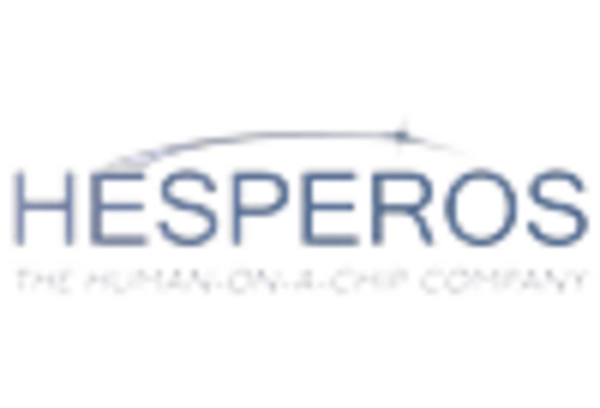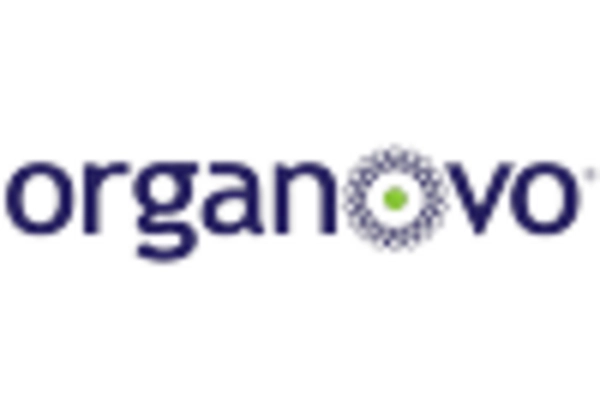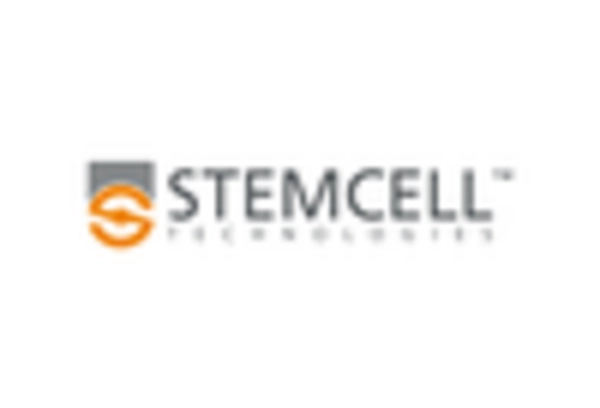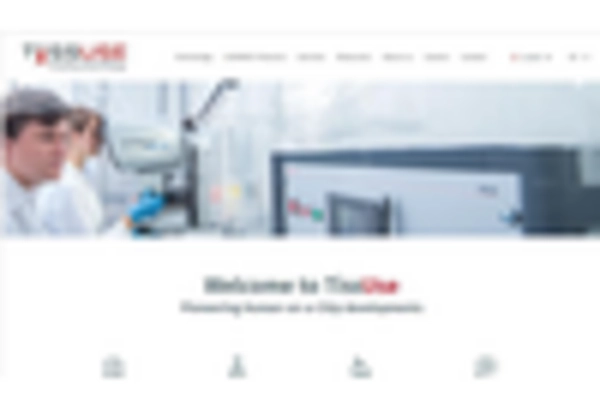Advancements in Stem Cell Research
Ongoing advancements in stem cell research are significantly influencing the ips cell-derived-organoids market in Spain. The discovery of new techniques for generating and manipulating iPSCs has expanded the potential applications of organoids in regenerative medicine and drug discovery. For instance, recent studies have demonstrated the ability to create complex organoid structures that closely resemble human tissues. This innovation is likely to attract investment, as the Spanish government has allocated €150 million to stem cell research initiatives, fostering a conducive environment for the growth of the ips cell-derived-organoids market.
Growing Investment in Biotech Sector
The growing investment in the biotechnology sector in Spain is significantly impacting the ips cell-derived-organoids market. Venture capital funding for biotech startups has surged, with investments reaching €500 million in 2025 alone. This influx of capital is facilitating the development of innovative organoid technologies and applications. Furthermore, the Spanish government has introduced incentives to attract foreign investment in biotech, which is likely to enhance the capabilities of local firms in the ips cell-derived-organoids market. As a result, the market is expected to expand rapidly, with a projected growth rate of 14% annually, reflecting the increasing interest in biotechnological advancements.
Rising Demand for Personalized Medicine
The increasing emphasis on personalized medicine in Spain is driving the ips cell-derived-organoids market. As healthcare shifts towards tailored treatments, organoids derived from induced pluripotent stem cells (iPSCs) offer a promising avenue for drug testing and disease modeling. This trend is underscored by a report indicating that the personalized medicine market in Spain is projected to reach €2 billion by 2026, reflecting a compound annual growth rate (CAGR) of 10%. The ability of organoids to mimic patient-specific responses enhances their utility in developing targeted therapies, thereby propelling the demand for iPS cell-derived organoids in clinical and research settings.
Regulatory Support for Innovative Therapies
Regulatory support for innovative therapies is playing a crucial role in shaping the ips cell-derived-organoids market in Spain. The Spanish Medicines Agency has streamlined approval processes for regenerative medicine products, thereby encouraging the development and commercialization of iPS cell-derived organoids. This regulatory environment not only enhances the safety and efficacy of new therapies but also instills confidence among investors and researchers. As a result, the market is expected to see a surge in new product launches, with a projected 15% increase in market size over the next three years due to favorable regulations..
Collaborations Between Academia and Industry
Collaborative efforts between academic institutions and industry players are emerging as a key driver for the ips cell-derived-organoids market in Spain. These partnerships facilitate the translation of research findings into practical applications, enhancing the development of organoid technologies. Notably, several Spanish universities have established research centers focused on stem cell applications, which have led to the creation of innovative organoid models. Such collaborations are expected to increase the market's value, with projections suggesting a growth rate of 12% annually over the next five years, as more entities recognize the potential of iPS cell-derived organoids.


